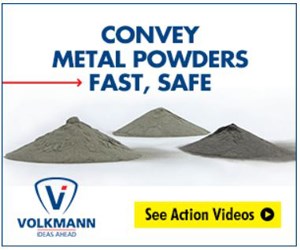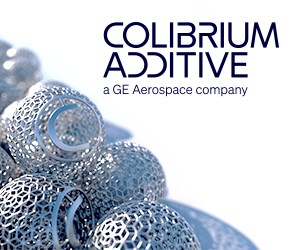Airtech Validates High-Temperature Polymer for Large-Format Tooling, Moldmaking
According to the company, the polymer is well suited for high-temperature applications such as hot forming tools, autoclave molds, oven molds and self-heated molds.
Airtech’s Advanced Materials Group says it has validated its Dahltram I-350CF high-temperature polymer for large-format toolmaking applications. The company says the polymer is well suited for high-temperature applications such as hot forming tools, autoclave molds, oven molds and self-heated molds. It is also vacuum tight, autoclave capable and can be machined to the tolerances and surface finish required.
The team performed autoclave cycle testing on cure molds to test the material’s durability. Using large-scale additive manufacturing, a layup mold was fabricated using Airtech’s Dahltram I-350CF for development testing. Thermal cycle testing was used to validate the performance of the high-temperature polymer for autoclave use.
All testing was completed at Airtech’s Huntington Beach location using the company’s in-house testing capabilities. During the course of 100 thermal cycles, dimensional stability and vacuum integrity were deemed critical. In addition to thermal cycle testing, a thermal survey was also performed on the mold to confirm that the printed tool could meet processing conditions for the aerospace industry.
The key metrics for this testing were dimensional stability and vacuum integrity. Overall, testing indicated the thermal conductivity and density of the printed material is comparable to that of a traditional composite laminate in all degrees of freedom, the company says.
Dahltram I-350CF is part of Airtech’s Dahltram series of polymer composite resins for use in large-scale 3D printing. The series is designed to address the need for a lower coefficient of thermal expansion (CTE) and offer a more robust service life when used at low or high temperatures, including use in an autoclave. The resin is reinforced with carbon fiber for added stiffness and stability, low thermal expansion and long-term performance.
The company says these thermoplastic composite resins are designed for use in any pellet-fed FDM printing system, making them suitable for multiple print platforms, providing production flexibility with end-use material validation.
Related Content
-
What Does Additive Manufacturing Readiness Look Like?
The promise of distributed manufacturing is alluring, but to get there AM first needs to master scale production. GKN Additive’s Michigan facility illustrates what the journey might look like.
-
What is Powder Bed Fusion 3D Printing?
Whether in metal or polymer, with a laser or an electron beam, powder bed fusion (PBF) is one of the most widely used 3D printing techniques.
-
ActivArmor Casts and Splints Are Shifting to Point-of-Care 3D Printing
ActivArmor offers individualized, 3D printed casts and splints for various diagnoses. The company is in the process of shifting to point-of-care printing and aims to promote positive healing outcomes and improved hygienics with customized support devices.


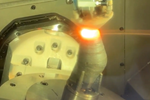


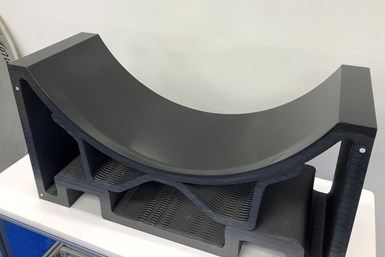
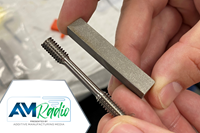
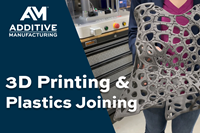


.png;maxWidth=300;quality=90)
